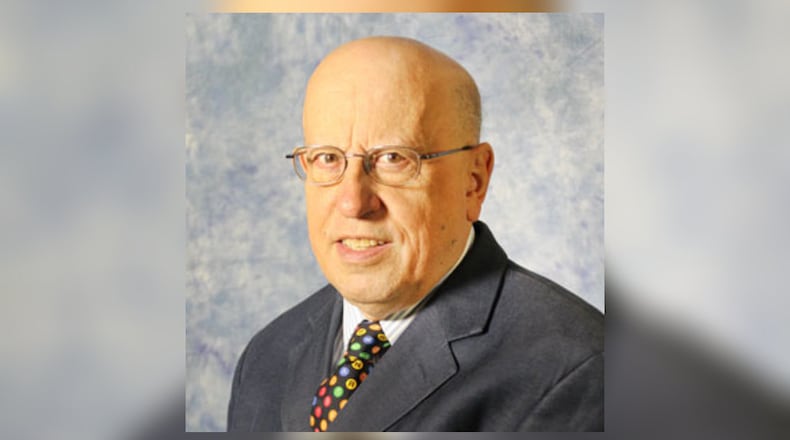Officials initially excused Groff from working on Sundays due to his belief that it a day for worship and rest if he could get someone to cover his shifts. When the USPS began Sunday deliveries, Groff did not report to work on at least twenty-four occasions. Groff then rejected his postmaster’s suggestion that he attend worship services on Sunday mornings before reporting to work, an accommodation similar to ones granted others.
After filing a complaint with the Equal Employment Opportunity Commission, but not following through because he resigned when officials failed to accommodate his requests, a federal trial court in Pennsylvania and the Third Circuit denied Groff’s claims. Both relied on Supreme Court precedent that employers need not accommodate the religious needs of staff if doing so obligated them to bear more than a “de minimis cost” resulting in “undue hardships.”
At issue in Groff was the tension between Title VII and the Supreme Court’s interpretation of the terms “de minimis” costs and “undue hardships.” Because four members of the Supreme Court were skeptical of earlier interpretations of these terms, it was expected to rule in Groff’s favor. Reversing in favor of Groff, a unanimous Court rejected the earlier interpretations of the “de minimis” and “undue hardship,” returning the case to the lower courts for further proceedings over the meaning of the disputed terms. The Justices explained that employers would have to demonstrate “substantial increased business costs” before denying employees time off for religious reasons.
As one with a special interest in religious freedom in my reaching and writing for all believers, Groff is a significant victory for all people of faith, not merely Christians, in Southwest Ohio’s increasingly religiously pluralistic society. Groff is noteworthy because it allows all believers, including those belonging to minority religions, who, based on personal experiences I have had when speaking with members of non-majority faiths in our community and on my travels to speak throughout the country who often expressed feelings of being left out or as though they were second class-citizens because their beliefs are different, no longer need to have such fears.
Following Groff, members of all religions no longer need to engage in what was essentially practicing their faiths in private as the Supreme Court’s timely judgment, just in time for Independence Day and the promise it offers, has reinvigorated the protections afforded religion under the First Amendment, especially the right to the free exercise of their beliefs. Now believers can now be open about their need to take time off to live their faiths without having to risk conflict at work or the loss of their jobs.
While the number of employees who will need time off to worship or meet other religious obligations remains to be seen, Groff may present a challenge as employers will have to develop more religion-friendly employment practices and policies to accommodate individuals who cannot work on their Sabbaths or other holy days. Further, Groff may result in employees’ seeking accommodations for scheduling, dress, and even vaccines. Also, employers will not likely be able to ask staff members whether they need accommodations in advance of hiring or refuse to employ them if they express the need to do so. Following Groff, this much is certain: while the Supreme Court has ushered in a new era of employer-employee relations as to religious accommodations in the workplace, its doing so is likely to result in increased litigation and controversy that bears watching in Southwest Ohio and beyond.
Charles J. Russo, J.D., Ed.D., is the Joseph Panzer Chair of Education in the School of Education and Health Sciences (SEHS) and Research Professor of Law in the School of Law at the University of Dayton.
About the Author
